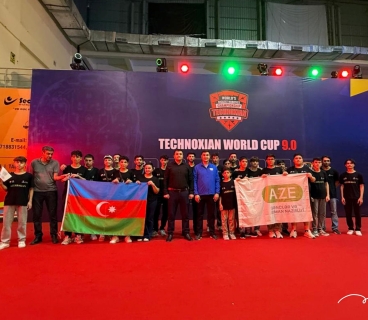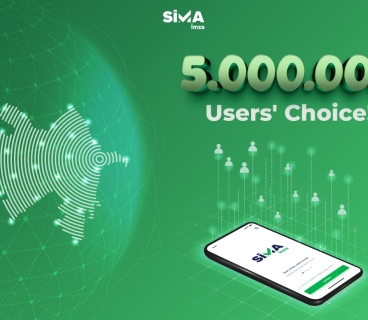OpenAI has introduced a new and more powerful model for Codex, its AI program for coding, called GPT-5-Codex. The company notes that, unlike previous versions, this new model determines on its own how much “thinking” time is needed to solve a problem. This time can range from a few seconds to up to seven hours for particularly complex tasks. As a result, GPT-5-Codex performs coding tasks more effectively.
The new GPT-5-Codex model is already available to ChatGPT Plus, Pro, Business, Edu, and Enterprise users. They can access it via a terminal, IDE, GitHub, or ChatGPT. In the future, the model is expected to be accessible via API for other software developers as well.
This innovation is part of OpenAI’s effort to make Codex more competitive against rivals such as Claude Code, Anysphere’s Cursor, and Microsoft’s GitHub Copilot, as the AI-powered coding tools market has grown rapidly over the past year, with increasing competition.
OpenAI reports that GPT-5-Codex outperforms other models, particularly in agentic coding tests and large projects involving code refactoring. According to research conducted by the company, experienced programmers noted that the model makes fewer errors during code review and provides more meaningful comments.
According to Alexander Embiricos from OpenAI, the main advantage of this model is its dynamic “thinking” capability. Previous models predetermined how much time they would spend on a task at the start, whereas GPT-5-Codex can adjust its time allocation in real time as needed. This allows the model to analyze more complex problems in greater depth. Embiricos noted that in some cases, the model can spend up to seven hours working on a single problem.







